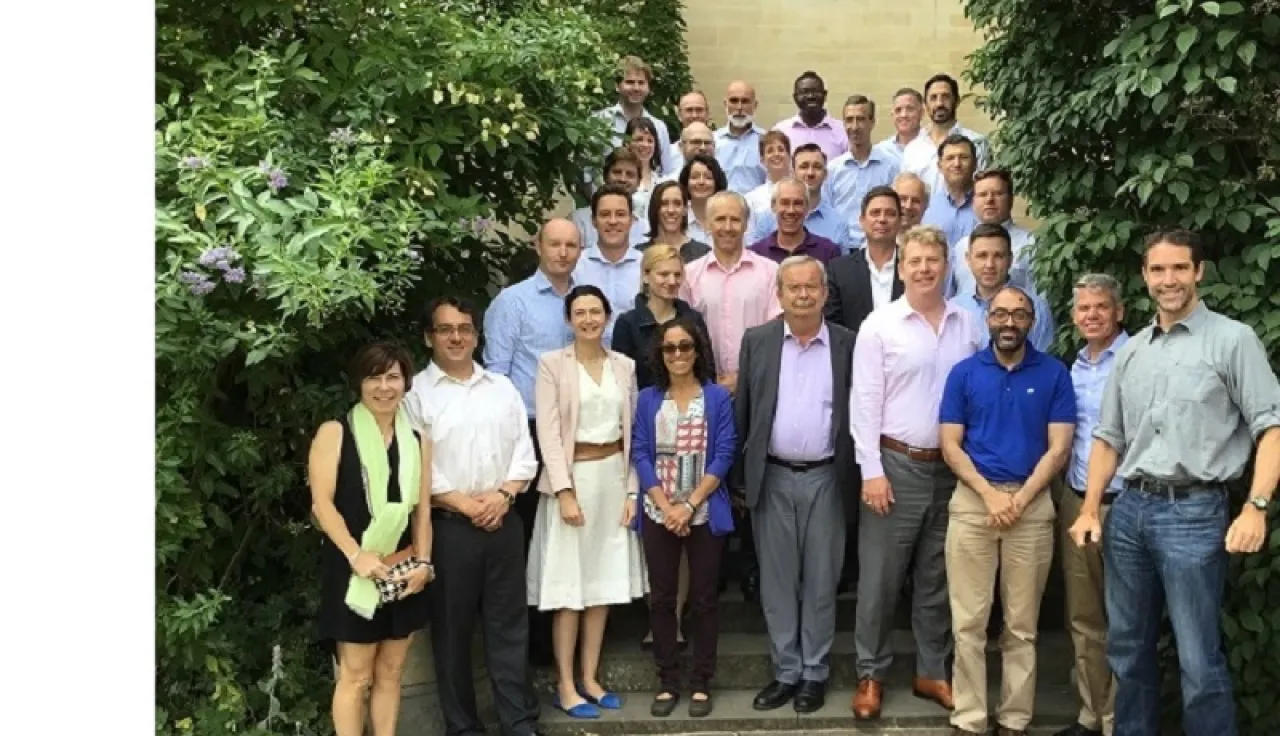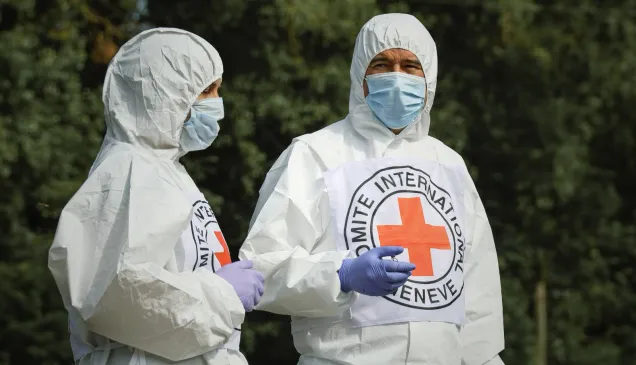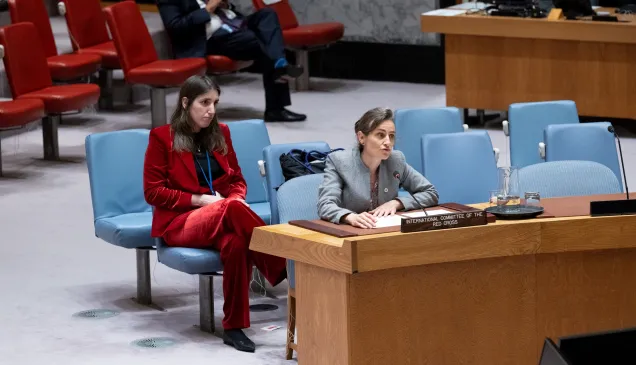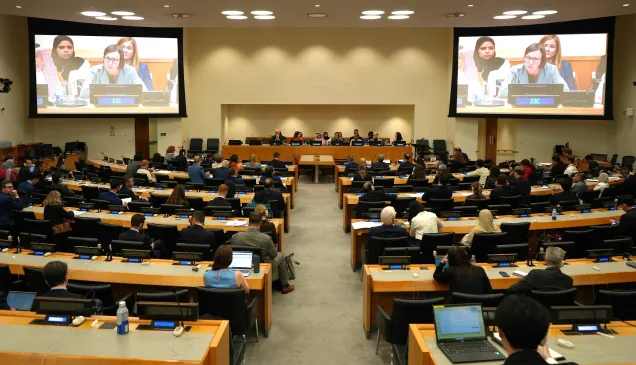Current issues of concern within the laws of war: The Annual Transatlantic Workshop on International Law and Armed Conflict.

The 4th Transatlantic Workshop on International Law and Armed Conflict took place at Pembroke College, Oxford University on July 20 -21st July. As in previous years, this two-day event brought together legal experts, academics and senior government officials, including military officials from the UK, continental Europe, and North America.
The International Committee of the Red Cross' Washington and London delegations co-hosted the workshop along with the Oxford Martin Programme on Human Rights for Future Generations Programme and the Oxford Institute for Ethics, Law and Armed Conflict, the Robert S. Strauss Center for International Security & Law at the University of Texas at Austin School of Law and Houston College of Law.
"The Oxford workshop is one of the highlights of the global international humanitarian law calendar," said Michael Mazliah, legal and protection officer from the ICRC's Mission to the UK and Ireland. "It brings together some of the leading experts in international humanitarian law (IHL) encouraging discussion and dialogue on some of the most pressing issues within the law of armed conflict. Even though the nature of conflicts has changed markedly in recent years, the key provisions and principles of IHL remain as relevant as ever to ensuring that even wars have limits and for which these discussions, and others like it, are absolutely necessary for focusing debate on where we go next."
Over the course of the two-day event, participants discussed a range of contemporary topics including the targeting of war-sustaining objects and activities, the principle of proportionality and the regulation of detention in conflict situations. The role of legal advisors within the armed forces and the obligation to investigate alleged violations of IHL were also topics of discussion.
"It's very useful to hear the experiences and insights of the participants about the application of IHL in various contexts" said Netta Goussac, ICRC Legal Advisor for the Asia Pacific region. "The principles of IHL are still extremely effective and can still be applied in today's conflicts," she said. "IHL, as a body of law, doesn't need to be revised or changed. What we need is new thinking on how these rules can be applied to modern-day situations in battle zones. We always hear about the challenges but, as with any law it's harder to report situations of compliance."
"We find it very useful to bring together government representatives and academics in an informal setting to exchange thoughts on pressing legal issues related to armed conflicts taking place in various parts of the world," said Chris Harland, Legal Advisor to the ICRC Delegation for the United States and Canada.
A notable theme throughout the conference was the repeated use of the ICRC's updated commentary to the first Geneva Convention which provided a foundation both in terms of the law and current practice for the discussions and dialogue. A link to the commentary can be found here:
https://www.icrc.org/en/war-and-law/treaties-customary-law/geneva-conve…
Further information
Fact sheet providing a summary description of the sources, content and field of application of international humanitarian law: https://www.icrc.org/en/document/what-international-humanitarian-law
Atrocities in conflict mean we need the Geneva conventions more than ever. By Dr Helen Durham, Director of international law and policy at the ICRC
https://www.theguardian.com/global-development/2016/apr/05/atrocities-i…



